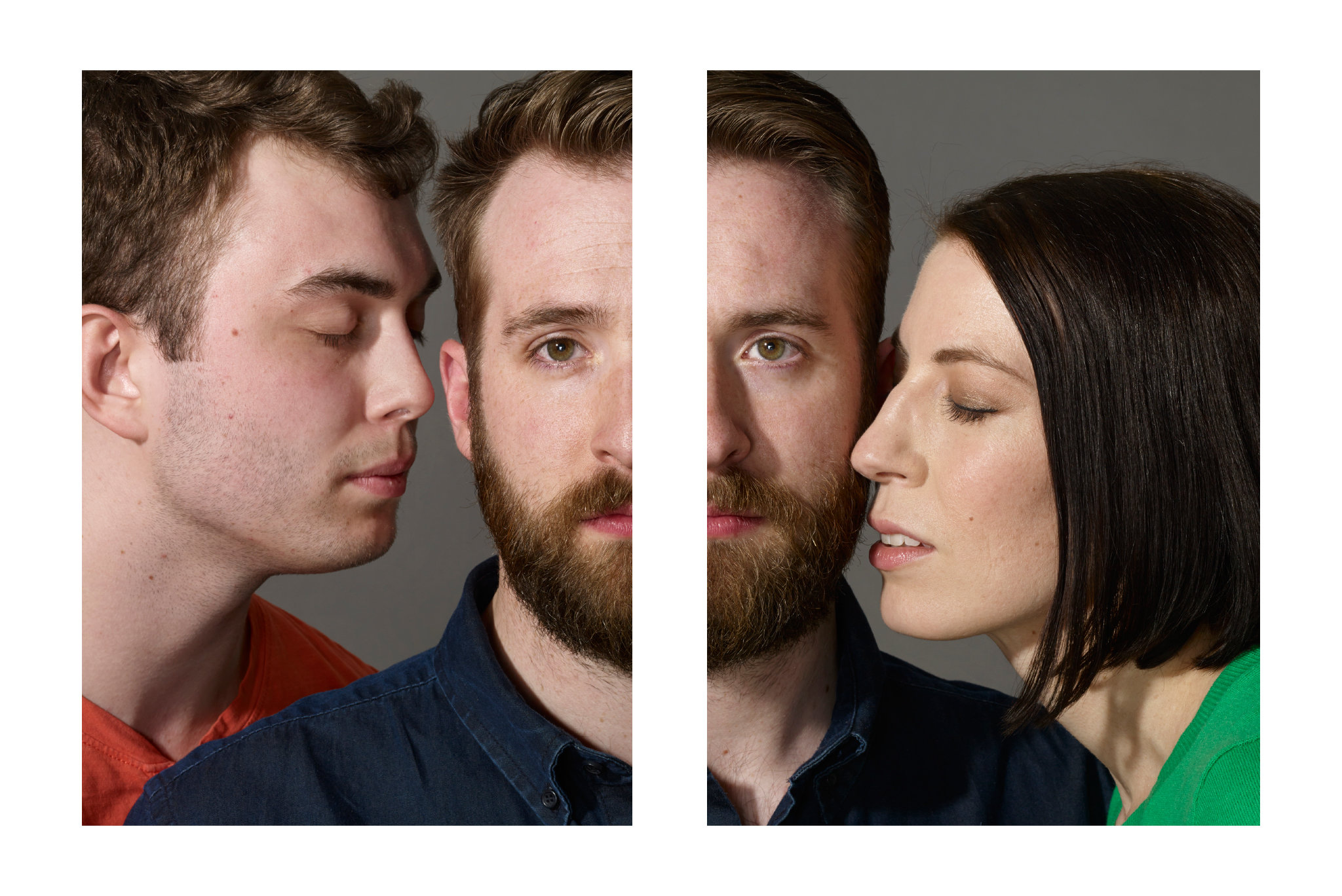Bisexuals and the problem of real communication

Bisexuality often remains undervalued and misunderstood in society, which creates problems for bisexual people in finding support and understanding. One of the main difficulties encountered by individuals who identify as bisexual is the difficulty of truly communicating. Due to stereotypes and lack of understanding about bisexuality, many individuals who identify as bisexual experience feelings of isolation and loneliness.
Communication difficulties for bisexuals: research and examples
For Cardiff City footballer Laila Muscat, openly acknowledging her bisexuality has been a challenging journey. The 26-year-old reflects, “I had several gay friends in football.” “but I didn’t know anyone who was bisexual.”

She recalls having difficulty accepting her sexuality due to other people’s perceptions. “Bisexuality has often been questioned,” adds Lyla, who is currently the lead character on BBC women’s reality dating program I Kissed a Girl . “People said, ‘You’re either straight or gay.’
“Because I didn’t know anyone who was bisexual, I thought perhaps I was simply unsure or that I was homosexual and not yet prepared to fully disclose.
Cara agrees: “There aren’t many bisexuals. There is no one to truly trust, which is why a serious crisis arises in the head. It’s a scary situation.”
Isaac, a bisexual youth ambassador for Just Like Us, adds: “You just don’t see yourself represented, you don’t know that your identity is possible.
Lila’s co-workers Meg and Kara agree. “ I felt uncertain because I was in a gray area and didn’t know which direction to take,” says 24-year-old Meg.
And Kara, 25, adds: “At school, when it came to bisexuals, they were called greedy or told that they were just promiscuous.”
“Seeing someone like me on TV wouldn’t make me feel weird”

A study conducted in 2021 by the LGBT youth charity Just Like Us examined the experiences of schoolchildren aged 11 to 18 and their teachers. It found that more than fifty-four percent (54%) of bisexual young individuals experience loneliness daily.
According to Laura McKay, executive director of Just Like Us, the lack of representation of bisexual individuals in the media is partly responsible for these feelings among some bisexual people.
“You have to be able to express your feelings,” she says. “ I believe it’s truly hard to do that if there’s no one to introduce you or to talk to.”
Cara agrees: “There aren’t many bisexuals. There is no one to truly trust, which is why a serious crisis arises in the head. It’s a scary situation.”
Isaac, a bisexual youth representative for Just Like Us, adds: “You just don’t see yourself represented, you don’t know that your identity is possible.”
Layla remarks, “If I had seen someone like myself on TV or in the movies, I wouldn’t have felt so alien for most of my childhood.”
Changes have occurred since Layla, Meg, and Kara were children. Recent popular shows have included bisexual characters, such as those in Netflix’s successful series Sex Education and Heartstopper, as well as characters Sonia Fowler and Ash Panesar in BBC’s EastEnders.
However, the LGBT+ media charity GLAAD pointed out that the 2023/4 television season had the fewest bisexual characters since 2020.
